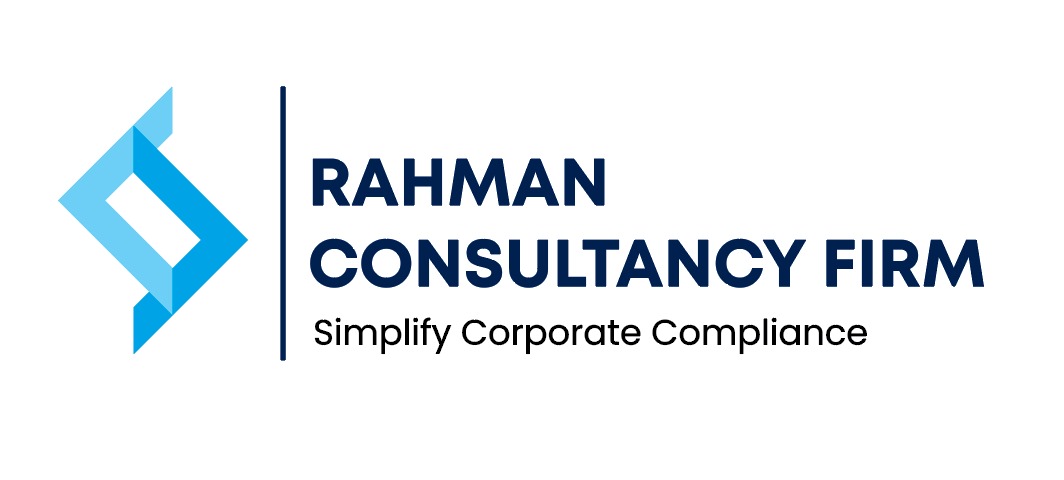When running an organization—whether it’s a small business, a large corporation, or a nonprofit—tax compliance isn’t optional. It’s a legal requirement, a financial safeguard, and a key element of long-term sustainability.
In this blog post, we’ll dive deep into the importance of tax compliance, what it involves, and the risks of ignoring it.
📌 What Is Tax Compliance?
Tax compliance refers to the act of:
- Accurately calculating taxes owed,
- Filing required tax returns,
- Paying taxes on time,
- Following the tax regulations and laws set by local, state, and federal governments.
It covers everything from income tax and payroll tax to value-added tax (VAT), sales tax, and corporate tax—depending on where and how your organization operates.
🛡️ 1. Avoids Legal Penalties and Consequences
One of the most immediate and obvious reasons for tax compliance is to avoid legal trouble.
Non-compliance can result in:
- Fines and penalties
- Accrued interest on unpaid taxes
- Government audits
- Legal action, including lawsuits or even criminal charges in severe cases
Tax authorities have significant power, and failure to comply can seriously harm or shut down a business.
🤝 2. Builds Trust and Reputation
Organizations that comply with tax laws project an image of integrity and responsibility. This helps build trust with:
- Customers, who prefer ethical companies
- Investors and shareholders, who want transparency
- Business partners and suppliers, who look for reliable associations
A clean record in terms of tax compliance enhances your organization’s credibility and reputation in the market.
📊 3. Strengthens Financial Management
Good tax compliance goes hand-in-hand with solid financial practices. To file accurate tax returns, an organization must:
- Keep detailed financial records
- Track income and expenses properly
- Monitor cash flow and liabilities
This leads to better financial control and smarter decision-making at all levels of the business.
🏦 4. Enables Access to Funding and Growth Opportunities
Whether you’re applying for a business loan, seeking investment, or entering into a merger, your tax records will be scrutinized.
Lenders and investors typically require:
- Tax return history
- Proof of tax payments
- Evidence of compliance with financial laws
Being tax-compliant increases the likelihood of securing financing and unlocking new opportunities.
🔄 5. Prevents Business Disruption
Ignoring tax responsibilities can lead to:
- Frozen bank accounts
- Seizure of assets
- Disruption in business operations
This can cause delays in production, inability to pay employees or vendors, and long-term damage to your business model. Staying compliant ensures that your operations run without interruptions from tax authorities.
🌍 6. Contributes to Economic and Social Development
Taxes are the lifeblood of public infrastructure and services. By complying with tax laws, organizations:
- Contribute to schools, hospitals, and public safety
- Support the economy through fair contributions
- Participate in creating a stable business environment
Being part of a responsible tax system is also a moral and social duty.
⚖️ 7. Minimizes Audit Risk
Tax audits can be time-consuming, stressful, and expensive. However, organizations that stay compliant and maintain organized records are less likely to be audited.
Even if audited, a compliant company can easily:
- Provide supporting documents
- Justify deductions or exemptions
- Avoid penalties and investigations
It’s about being prepared and protected.
📌 Final Thoughts
Tax compliance is far more than just a checkbox for regulatory purposes. It protects your organization, empowers better decision-making, enhances your reputation, and supports long-term success.
Neglecting tax responsibilities can lead to severe consequences—financial, operational, and legal. But staying proactive with tax planning, timely filing, and accurate reporting sets your organization up for smooth operations and future growth.
